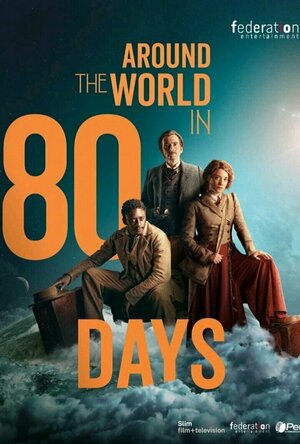Rufus Wainwright recommended Sweet Dreams (Are Made of This) by Eurythmics in Music (curated)

Graphic Designers Surveyed
Jessie Price, Lucienne Roberts and Rebecca Wright
Book
What happens when you survey UK- and US-based graphic designers and ask prying questions about life...
Design
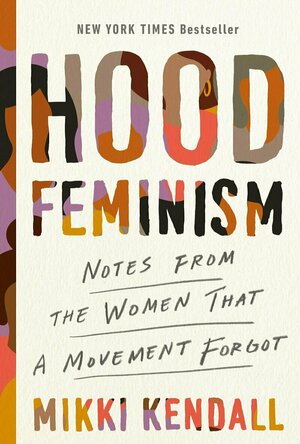
Hood Feminism
Book
All too often the focus of mainstream feminism is not on basic survival for the many, but on...
David McK (3713 KP) rated Around the world in 80 days in TV
Jan 30, 2022
One of Jules Vernes most famous novels, and the inspiration for many a movie (and even a 80s cartoon).
I've never seen or heard of a TV series until this one, which - in retrospect - actually surprised me quite a bit, as you think the story would (and does) lend itself perfectly to the episodic nature of the journey.
This adaptation stars David Tennant in the lead role, alongside strong support from Ibrahim Koma as the French valet Passepartout and Leonie Benesch as the gender flipped/reimagined journalist Abigail Fix (instead of Inspector Fix), while still keeping its late Victorian setting.
Yes, you know how it is going to end.
Still very enjoyable!
Hazel (1853 KP) rated What We Left Behind in Books
Dec 7, 2018
Gretchen and Toni are high school sweethearts who believe they will be together forever, but will they cope being apart at different universities? Toni is off to Harvard and Gretchen to New York where they plan to meet up every weekend however things get in the way, and not just coursework.
The main theme of<i> What We Left Behind</i> is sexual orientation and gender. Both Gretchen and Toni are attracted to girls, however Toni identifies as genderqueer. Throughout school, this never bothered Gretchen, though when Toni begins feeling a connection with a group of transgender students, Gretchen begins to question her position in Toni’s life.
Unlike Talley’s previous novel <i>Lies We Tell Ourselves</i>, which deals with ethnic minorities and homosexuality during a time when it was seen as completely unacceptable, <i>What We Left Behind</i> is set in the present day where peoples’ sexual preferences are accepted in society – mostly. What Talley is attempting to prove with this novel is that everyone, regardless of gender, can experience love, and that long distance relationships can be difficult for everyone. Most importantly this story expresses how difficult it is to understand trans sexuality, genderqueer, gender nonconforming etc. There are characters that are horrified by the idea, comfortable with it, or, like Gretchen, confused about how it effects themselves and their relationship. And then there is Toni. Toni is probably the most confused of all: who is s/he really?
Talley tries to make the reader experience the difficulties the main characters face with the use, or lack of pronouns. For someone who identifies as neither he nor she, Toni has a very hard time trying to find a label Toni feels comfortable with.
I did not enjoy <i>What We Left Behind</i> as much as <i>Lies We Tell Ourselves</i>, not because it was not good – it was – but I am not that into romance novels. After a while the story began to feel boring and repetitive, particularly in terms of Gretchen and Toni’s relationship. It is, however, worth a read. There are not many novels that focus on transgender issues, especially in such a positive way. Therefore I am sure this young adult novel is going to interest a large amount of readers.
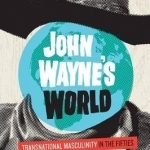
John Wayne's World: Transnational Masculinity in the Fifties
Book
In a film career that spanned five decades, John Wayne became a U.S. icon of heroic individualism...
Maria Izquierdo and Frida Kahlo: Challenging Visions in Modern Mexican Art
Book
Maria Izquierdo (1902-1955) and Frida Kahlo (1907-1954) were the first two Mexican women artists to...
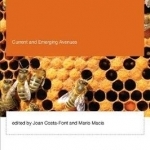
Social Economics: Current and Emerging Avenues
Book
The growing field of social economics explores how individual behavior is affected by group-level...
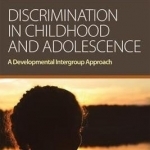
Discrimination in Childhood and Adolescence: A Developmental Intergroup Approach
Book
Discrimination impacts most youth at some point. Almost all children and adolescents belong to at...

